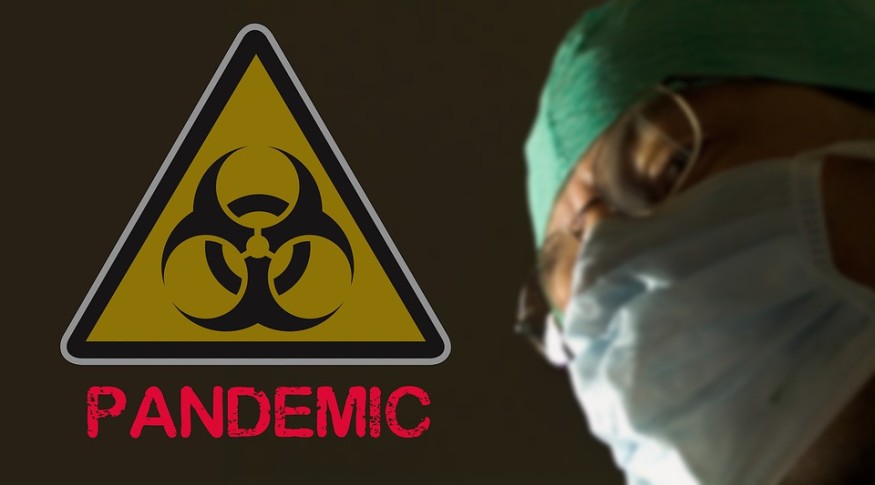
The World Health Organization (WHO) has now declared the COVID-19 outbreak pandemic, as opposed to a mere epidemic. This new coronavirus was unknown only three months ago, but now it has spread rapidly to more than 120,000 people from areas all over the world, such as the US, Europe, Asia, and the Middle East. The US now has more than 1,000 cases.
Tedros Adhanom, Who Director- General, reported that cases outside of China has increased in the last two weeks up to thirteenfold, while the number of countries affected has tripled. He expects to see more cases, deaths, and affected countries in the weeks to come.
Adhanom commended the many countries that have stepped up their efforts to curb the spread, while at the same time he admonished world leaders who failed to act quickly or drastically. Just prior to declaring the COVID-19 as a pandemic, he expressed deep concern for its rapid spread and grave severity, as well as many nations' high level of inaction.
The cases in South Korea and China have since declined significantly. There are 81 countries that do not have confirmed cases, while 57 others have 10 cases or fewer. Adhanom states that the course of the COVID-19 pandemic can still be changed, while also admitting the current lack of capacity, resources, or resolve.
Health experts warn that the declaration of a pandemic has major economic and political consequences. It can exacerbate already fragile markets worldwide and result in more stringent trade and travel restrictions. This is why WHO officials were reluctant to declare it. But it was needed to make it clear to the world how severe the situation is.
The virus spread in China, where it originally came, is now slowing down, although the cases in other countries are still increasing. Data from Johns Hopkins University points to Italy as having the highest number of cases, with about 10,149 infections. This is closely followed by Iran, which has 9,000 cases, then South Korea which has 7,775. The US now has 1,050 cases across 36 states.
According to WHO Director of Health Emergencies Program Dr. Mike Ryan, virus outbreaks, especially a pandemic like COVID-19, do stress every country's component. Its governance is stressed; the trust between its government and its citizens is stressed; the hospital and medical care system is stressed; public health systems are stressed; and economic systems are stressed. He pointed out the lack of resilience that is currently being witnessed.
As of last month, WHO raised its COVID-19's risk assessment level to the highest possible alert level. Dr. Ryan complained that many countries still use stringent testing criteria, which require people to show the full symptoms of COVID-19, be a certain age, or must somehow be associated with travel or a traveler to China. He added that the national health care system of some countries have not been able to stop COVID-19 from spreading, while others have given up tracing the cases to their sources. Furthermore, some governments do not have open communication with their citizens. He adds that trust between each government and its citizens is crucial.
On Feb. 28, he stressed that each government all over the globe must step up their readiness. COVID-19 is a wake-up call. Every nation's government has a duty not only to its citizens, but also to the whole world.
© 2025 NatureWorldNews.com All rights reserved. Do not reproduce without permission.





